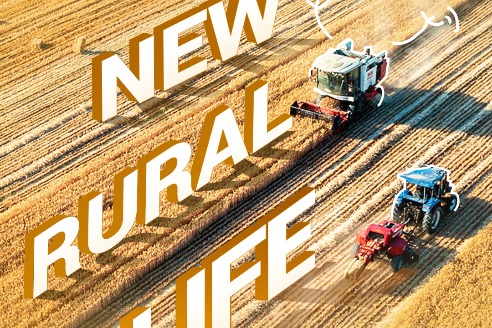Respect Stanford graduate's grassroots choice

The recent announcement by the civil servant bureau of Suzhou city, Anhui province, regarding the recruitment of civil servants for the year has attracted significant attention due to the inclusion of a Stanford University Ph.D. graduate in the list. This individual surnamed Su's decision to pursue a position as a township civil servant, despite his prestigious educational background, has sparked debates and raised eyebrows.
The phenomenon of highly educated individuals opting for grassroots positions reflects a societal expectation for such talents to contribute to technological innovation and industrial development, rather than being confined to administrative tasks at the grassroots level.
This rare case serves as a glimpse into a broader issue—a mismatch between education and economic structures, where highly educated individuals find themselves in grassroots roles. Instances of Ph.D. holders from renowned institutions like Tsinghua and Peking University securing positions in sub-district offices in cities such as Hangzhou and Shenzhen have also garnered widespread attention.
While the decision of a Ph.D. graduate to join grassroots public service may appear unconventional, it is essential not to overgeneralize this as a common trend. The scarcity of Ph.D. holders opting for civil service roles underscores the need to avoid excessive amplification and misinterpretation of such occurrences.
Some may question the utilization of high academic qualifications at the grassroots level, while others argue for respecting individual choices without undue scrutiny. As education increasingly focuses on nurturing comprehensive abilities, the job market must also respect mutual choices. This trend highlights the importance of aligning educational outcomes with employment opportunities and fostering a system that values a two-way selection process.
It is crucial to break stereotypes associated with grassroots officials and recognize the evolving need for specialized talents in grassroots governance. Engaging in grassroots work can cultivate effective leadership qualities and prepare individuals for more challenging roles, underscoring the significance of diversifying career paths and fostering professional growth at all levels.
Respecting the personal choices of individuals, including those with high academic qualifications, is paramount. Encouraging a diverse range of career choices beyond traditional civil service roles can stimulate technological innovation, industrial development, and societal progress. This shift necessitates guidance from government entities, enhanced career planning for students, and improvements in labor protection and professional development opportunities across various sectors.
In conclusion, the decision of a Ph.D. graduate to pursue a grassroots civil service position should be seen as a reflection of individual agency and a valuable contribution to grassroots governance. Embracing a more inclusive perspective on career choices and talent utilization can cultivate a more dynamic and progressive society, highlighting the importance of recognizing and supporting diverse paths to professional fulfillment.
The author is a writer with China Daily.
































